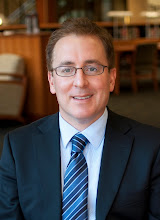1. This is a civil rights action to vindicate the constitutional right of New Yorkers and others to take photographs or video in outdoor areas that are open to the public andthat are near federal' courthouses, office buildings, and other federal property. ThePlaintiff Antonio Musumeci was arrested in November 2009 while videotaping a political protest in a public plaza outside of the federal courthouse in lower Manhattan. Mr. Musumeci was charged with violating a vague federal regulation that restricts photography and that appears to be inconsistently enforced.If the allegations in the Complaint are true, plaintiff was arrested for photographing political activity near a federal courthouse -- but while located on a public plaza outdoors. Federal officials do not appear to be enforcing the regulation in question, which is described in the complaint, consistently. For example, photography is permitted on the plaza in front of the Supreme Court building. It's also not so clear that a regulation can effectively transform a public way into a non-public forum. In United States v. Grace (1983), the Court rejected the argument that Congress could simply designate sidewalks near the Supreme Court non-public forums and thereby effectively prohibit speech in such areas.
2. This regulation is unconstitutional to the extent that it in fact regulates noncommercial photography in outdoor areas -- like sidewalks and plazas -- to which the public has unrestricted access. To the extent it does not regulate such activity, federal law-enforcement officials are improperly using the regulation as an excuse to arrest and harass law-abiding photographers.
Recent incidents involving the Critical Mass bike rides and other public demonstrations have shown that having video or photographic evidence of the event can be critical to later determining whether civil rights have been violated. It is also important that photographers and others be able to document public dissent when it occurs.


No comments:
Post a Comment